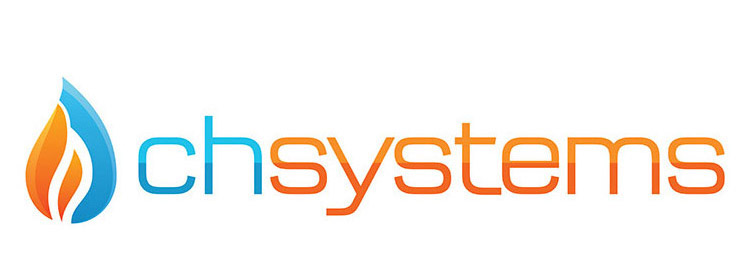Top energy-saving resolutions for the New Year
The start of a new year is always a great time to rethink strategy and implement new business ideas. People are more receptive when the year changes, which is a huge opportunity for transitioning a company ethos.
OK, so you’ve got your pen and paper out and are ready to start your New Year’s resolution list – change the menu in the canteen, spend less money, order new stationary, have the walls re-painted, jack up your online presence, hire an admin assistant…sure, all great ideas. How about one more? Energy saving!? It’s a ‘two birds with one stone’ kind of resolution –saving your business money and making the world a healthier place. It’s a no-brainer, really.
You agree? Great. Here are some tips to get your office operating as efficiently as possible in the new year (thanks to the experts from Providerpower.com and Wegowise.com):
- Get a professional business energy audit – the logical, first step to energy saving. A professional will come to your business and assess your place of work from top-to-bottom, pinpointing where energy is escaping and offering suggestions on which upgrades you should consider for the most benefit – things like energy efficient lighting, weather proofing or a programmable thermostat. Just an fyi: Around 25 per cent of a building’s energy usage can be chalked up to inefficient appliances and lighting.
- Make one energy-efficiency investment a month. Even though energy-efficient upgrades pay for themselves over time, there is typically an upfront cost. That’s why you might want to consider spreading out your investments.
- Start small – power strips are a good place to kick off your energy-saving resolution. They’re inexpensive and will pay for themselves in no time. ‘Phantom’ or ‘vampire’ energy usage (the process by which plugged-in electronics or appliances still use small amounts of electricity even though turned off) is easy to curb. All your peripheral, energy-sucking devices like televisions, computers, printers, lamps, toasters, coffee makers, and cell phone charges can be plugged into a power strip and controlled by one switch. The energy savings per day may be minimal, but over time it will add up!
- Use less. This philosophy is so simple, yet so constructive. ‘Using less’ encompasses using less electricity by turning off the lights when you leave a room or turning appliances of at the plug when closing the office at the end of the day.
- Champion energy savings among your employees. It’s vital to get the whole business on board. Make sure they know they are a crucial part of the success of this endeavour and show them how their changes – big and small – make a difference.
- Benchmark your overall energy usage. Staring down 12 months of utility bills can be daunting, but peer-to-peer benchmarking is a key step toward seeing how your current energy usage stacks up, prioritising your retrofit projects, and ultimately making a dent in utility payments.
- Set an energy-saving goal that will both challenge you, and serve as an attainable milestone to reach by year-end. Aim to reduce energy use by 5 per cent or cut your electricity use by 10 per cent. Whatever the goal; set it, and work towards it.
Reducing your business’s carbon footprint is a worthwhile, feel-good initiative! If you’d like further information, feel free to contact the CH Systems team on 0208 302 8149 or info@chsystems.cc.
Sources: Providerpower.com – “Energy-Efficient Resolutions for the New Year and Wegowise.com – “Energy-Efficient New Year’s Resolutions”


